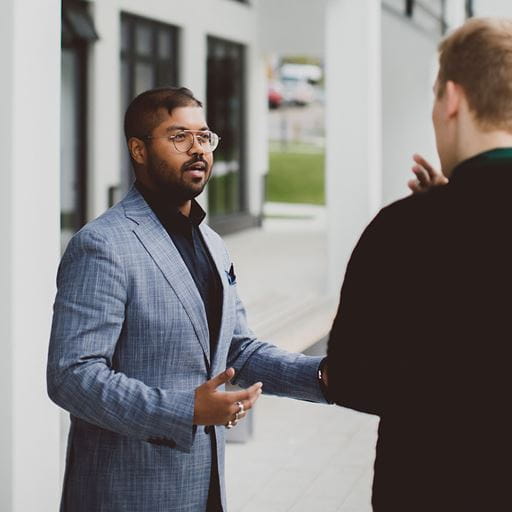The pilot project

The Democracy in Action pilot project ran in 2019/20, giving 25 undergraduate students the opportunity to participate and seek to make a difference within the local community.
Following their Citizens UK training, the students listened to the stories of rough sleepers, youth workers, the elderly and many more, to achieve a better understanding of community matters and concerns.
The impact of the pilot
Throughout the listening exercises it became obvious that a prominent sentiment in the community coalesced around people feeling unsafe on account of the lack of street lighting.
This drew the attention of our students, not least because they too shared this sentiment.
Throughout their listening they became concerned with one area in particular, the Greenstead underpass. It is a space that many university students experience as unsafe due to lack of lighting, and so, when it came to students taking action, they knew this is the aspect they wanted to tackle.
The pandemic delayed student action on this issue, but before this the students collected a lot of relevant information and took photos of the site.
They also approached the Police, Fire and Crime Commissioner with the request of improving the lighting at this particular sight.
The outcome of this was that the lights were fixed - a really important outcome demonstrating the impact of this pilot on the local community in a short space of time and in difficult circumstances.
The proposal
Colchester Citizens, in alliance with the Democracy in Action module, asked of the Police, Fire and Crime Commissioner back in April:
Will you work with us to help Tesco key workers feel safe as they walk to and from work at the Greenstead/Tesco roundabout, as well as the thousands of residents and students who use Tesco, by prioritising improved lighting and security?
The outcome
The lights are fixed in the Greenstead underpass. That's a great win for the work on safety and security.
We really think this is worth celebrating, even if the lights in the underpass are only part of the story.
Students took their academic learnings into “the real world” and, hence, develop their critical skills in a participatory and action driven manner.
From the first session students were encouraged to speak up, to feel free to share their experiences, highlighting how their voices were as important as their listening.
Negotiation practice
The different exercises carried out within the training placed the students out of their comfort zone in a productive manner. For example, in the last training session focused on negotiation, students were asked to participate in an exercise of role playing, pretending to negotiate with their peers in different scenarios, encouraging them to consider how to negotiate with powerful actors in society. This was one of the liveliest activities, as it allowed students to push themselves in their knowledge and critical skills.
Students were encouraged to discuss and listen to each other, offering them a space to practice and try different approaches before talking to strangers, which increased their confidence and their listening capacities.
Overall, students are eager to better understand their academic teachings in “real-life” like scenarios, and that doing so through the building of communities is extremely productive and enriching.


